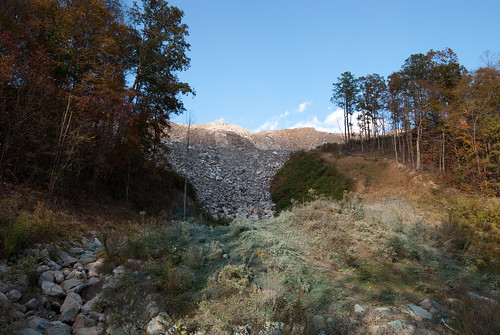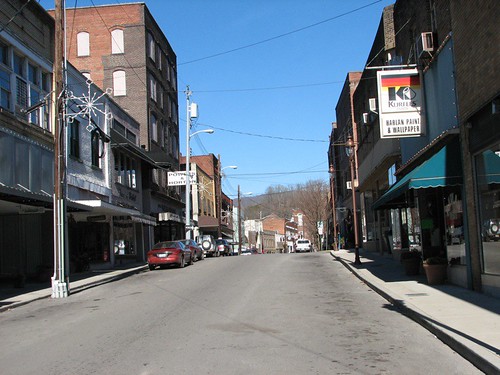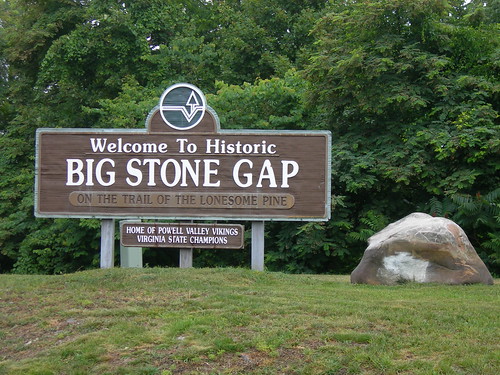
There has been a lot of talk over the past year or so about how important it is to have access to broadband internet, for students, entrepreneurs, health care and teleworkers. Now a new study shows the real economic impact broadband adoption can have. The Daily Yonder, which has been great about reporting on rural broadband issues, featured a terrific summary of the new report. The study looked at rural areas which had similar demographic characteristics prior to broadband availability and then compared their economies after one region had widespread broadband adoption. The results showed that household incomes in rural counties that adopted broadband grew more quickly than those that didn’t. Similarly, unemployment rates grew more slowly and number of businesses grew more quickly in counties with high broadband adoption (the article notes that, due to the recession, unemployment was higher in almost all counties). The study points out a key difference between broadband availability and adoption. When just looking at whether or not broadband was available, there wasn’t much difference; so the important factor is whether or not people take advantage of the broadband that’s there. If broadband is too expensive or unreliable, or folks don’t know how to sign up or effectively use it, then it doesn’t matter if it’s being offered. A previous study (also covered by Daily Yonder) found that while counties nationwide increased their adoption of broadband, the gap between rural and non-rural areas actually grew between 2003 and 2010, particularly among lower-income, lower education and older households. That article concluded: So,...






